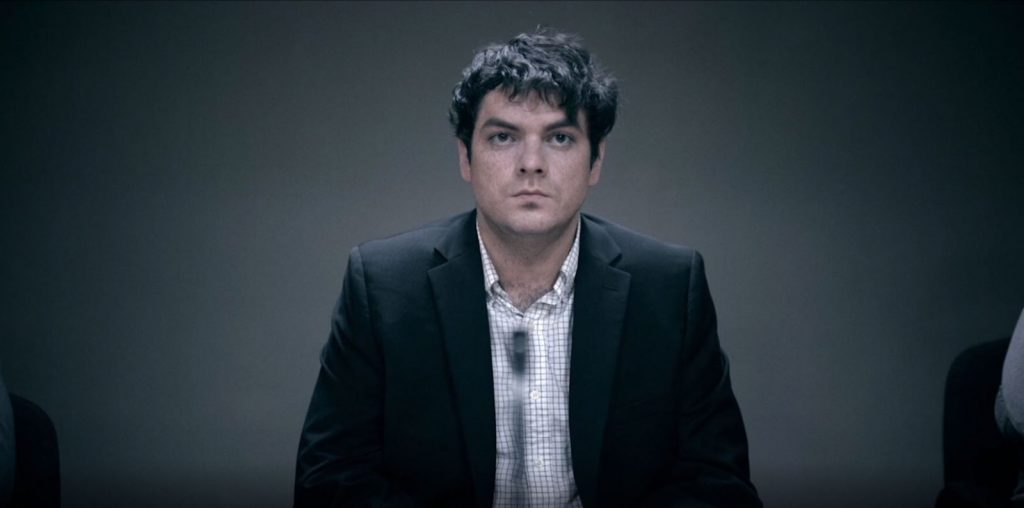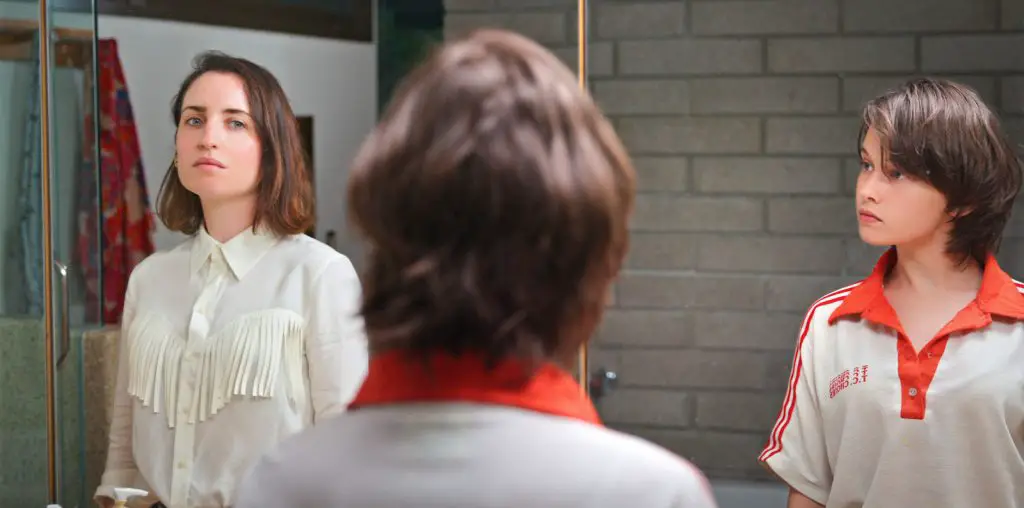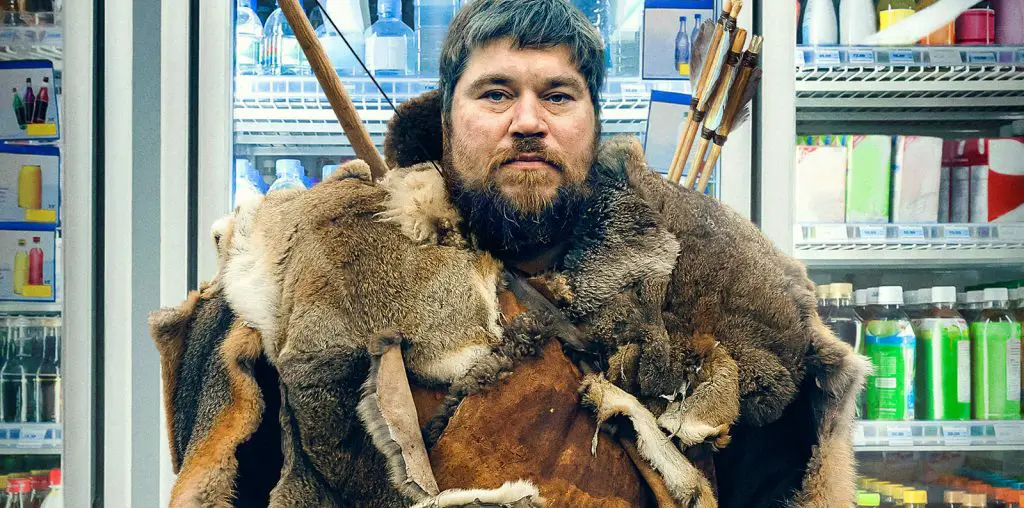
NEW TO HULU! Jim Taihuttu’s The East deftly portrays humanity’s capacity for evil in such an unflinching manner, it’s like the filmmaker dares you to look away. It’s never easy to face the hard truth, and the war drama subjects its audience to a series of distressing insights: how susceptible we are to pressure and manipulation, how easily triggered we are, how blind we can be, how prone we are to act upon our primal impulses. The director views all this through the eyes of a sympathetic, if morally questionable, protagonist, softening the blows just enough to make his emotional assault bearable and often mesmerizing.
In the wake of WWII, Dutch soldier Johan (Martijn Lakemeier) arrives in a Netherlands colony in Indonesia to help suppress the multitude of rebellions and what’s referred to as “independence efforts.” Unable to get his promised job back, frustrated by his country’s bureaucracy, tormented by the dark past of his incarcerated father, Johan is looking forward to some action.
He doesn’t have to wait long. The first sighting of heads stuck on top of poles makes him throw up violently. As Johan’s white body gets acclimated to the heat, his personality changes, and before he knows it, he’s enamored with The Turk, aka Raymond Westerling (Marwan Kenzari), a violent local legend and soon-to-become leader of an elite squad.
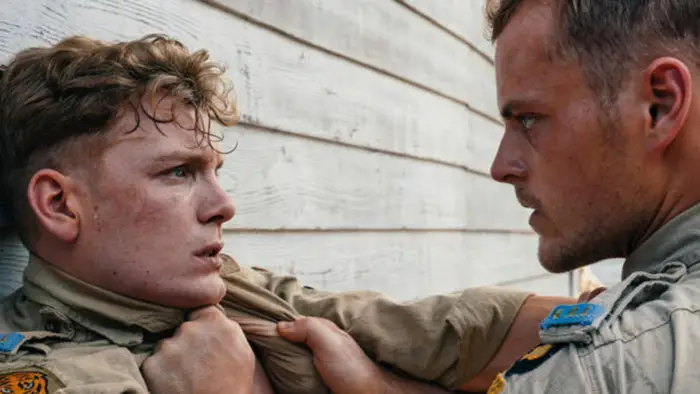
“…Johan arrives in a Netherlands colony in Indonesia to help suppress the multitude of rebellions…”
The East is over 140 minutes long, and to discuss everything would take too long; it would also be a disservice to the film. It would take away from the shock of several scenes, including a subplot involving a local prostitute, or that horrifying final hour, wherein Johan joins The Turk’s squad and faces hell on earth. Does Johan come out the other side unscathed?
Johan makes for a contradictory, complicated hero with shifting motivations. He treads the “anti-hero” line, ultimately exemplifying us all, his earnest blue eyes going blank during lapses in judgment and morals. Taihuttu holds up a mirror and asks, “What would you do in his shoes?” Kenzari wisely (under)plays Westerling as a charming man who has his own twisted reasoning. At one point, he waxes poetic about taking out the roots with the weeds. His spiel can be boiled down to being either hunter or prey. Simple. There’s no mustache-twirling going on here; the evil’s all too banal.
The East plunges us deep into a country in turmoil, where chaos rules, and the lingering stench of war still fuels scarred souls. A brutal sequence sees villagers being called out, one by one, to be mercilessly executed, judge and jury be damned. Johan’s affair with the prostitute ends up being a sobering reminder of his white entitlement. “We came here to help them,” seems to be the key sentiment. But what are the Dutch here to help do exactly?
“Those boys can’t be trusted,” a white soldier tells another at a crucial point in the film. “They all look too much alike.” In another scene, someone proclaims: “The idea that these monkeys can run their own country is the only thing we can shoot down.” These are the saints we send to bring about peace and justice. Sure, The East may not be saying something that hasn’t been said before (see: Casualties of War, among many others), and it might be a tad too long. But it’s a thrilling, poignant accomplishment, as uncompromisingly bleak as it is epic in scope. Coupled with the rarely-if-ever-seen setting – its cinematic anonymity blasphemous – Taihuttu’s magnificent film all but forces us to confront our darkest selves.
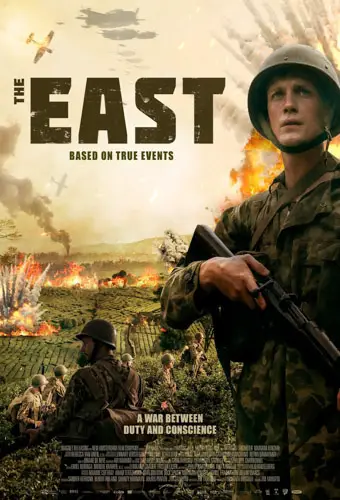
"…a thrilling, poignant accomplishment..."
